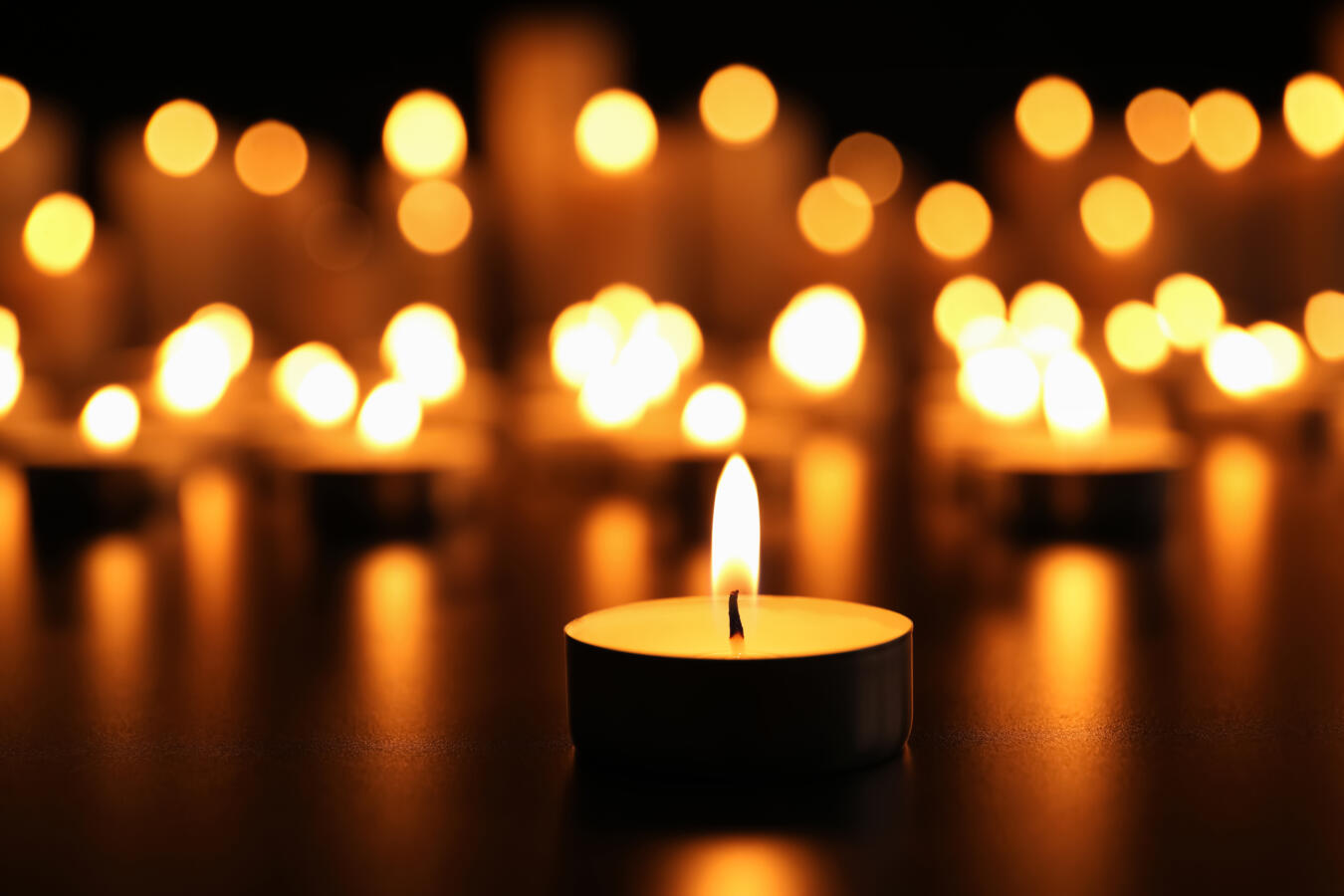Earlier this year, I attended the funeral of a woman who was over one hundred years old. In his eulogy, her son spoke about her as one of the last living members of the “Greatest Generation” — those born between 1900 and 1927 whose early lives were shaped by the Great Depression and World War II. The loss was bigger than her individual life. When you live for over a century, your death marks the end of a generation, not only for one family, but for history on a grand scale.
Parashat Vayechi, the last in the book of Genesis, concludes the stories of the patriarchs by telling about the deaths of Jacob and Joseph. Next week, before diving into the next stage of the biblical drama — that of national slavery and redemption — the book of Exodus will take the time to end the previous story by again saying goodbye to the generation before. Exodus opens with the children of Jacob, 70 family members in total, who go down to Egypt to join their brother Joseph. And that is the end of their story. Verse six tells us so: “Joseph died, and all his brothers, and all that generation.” (Exodus 1:6)
There is a sadness in these words. We know these characters well. There is an intimacy to the book of Genesis. We know each brother and his struggles and blessings. Their deaths mark the end of that closeness. The lens grows wider as the focus shifts from a family to a nation. We are not told who mourns over each man, but that their deaths bring the end of a generation.
Exodus does not need to tell us that Joseph died; the end of Genesis will have already done that this week. Just before his death, in the final chapter of Genesis, the Torah emphasizes two actions Joseph takes to ensure his legacy and impact on future generations: The first is his connection to his grandchildren, “Joseph lived to see children of the third generation of Ephraim; the children of Machir son of Manasseh were likewise born upon Joseph’s knees.” (Genesis 50:23) They were born on his knees. The sweetness of the image evokes that of modern day grandfatherly love. The commentators tell us that he really did get to know them and raise them.

Help us keep Jewish knowledge accessible to millions of people around the world.
Your donation to My Jewish Learning fuels endless journeys of Jewish discovery. With your help, My Jewish Learning can continue to provide nonstop opportunities for learning, connection and growth.
But Joseph’s desire to be part of the next story goes beyond his role as father and grandfather. When his death is imminent, Joseph asks his brothers for a favor, requesting that when the family returns to Israel they take his bones with them. He is essentially asking, “don’t leave me behind.” And yet, by the seventh verse of Exodus we are told that Joseph has been forgotten.
The division between generations is real. No matter how hard we strive to link one generation to another, there is some unavoidable break. The commentator Ibn Ezra explains that the news of Joseph’s death is included again next week to teach us that “Joseph died in his greatness. Similarly, his brothers also did not see the evil days which followed.” Joseph dies before the enslavement begins. The story is about to take a turn for the worst. But the generation before, the family of 70 people who came down together to Egypt, never knows this.
Our lives have changed in so many unexpected ways in the past decade. It can feel like we are also sitting on the seam between two chapters of history. On more than one occasion in recent years I have heard people notice and wonder about how the previous generation might have responded if they could read the headlines of today’s papers. Like Joseph and his brothers, they could not accompany us into this next phase of history. Like our ancestors in Egypt, we may feel lost without our patriarchs and matriarchs.
When it comes to naming generations, I am a borderline case — too young to be Gen X and just too old to be a true millennial. Neither title is likely to be labeled “the greatest.” As we lose the last living members of the Greatest Generation, we are left grappling with the loss. We have tried to internalize their knowledge and wisdom, to learn from their mistakes and successes, but there is a limit to our ability to carry them with us. As the last members pass away in their late nineties and older, we are forced to acknowledge that “all that generation” is gone.
On the cusp of the secular new year, Barbara Walters died at the age of 93. She was born in 1929, the same year as Anne Frank and Reverend Martin Luther King Jr., whose memory and legacy we honor later this month. Her death marks the end of a chapter in history, forcing us to enter more fully into the present and acknowledge that a new era is well underway. Her generation will be missed.
This article initially appeared in My Jewish Learning’s Shabbat newsletter Recharge on Jan. 7, 2023. To sign up to receive Recharge each week in your inbox, click here.



